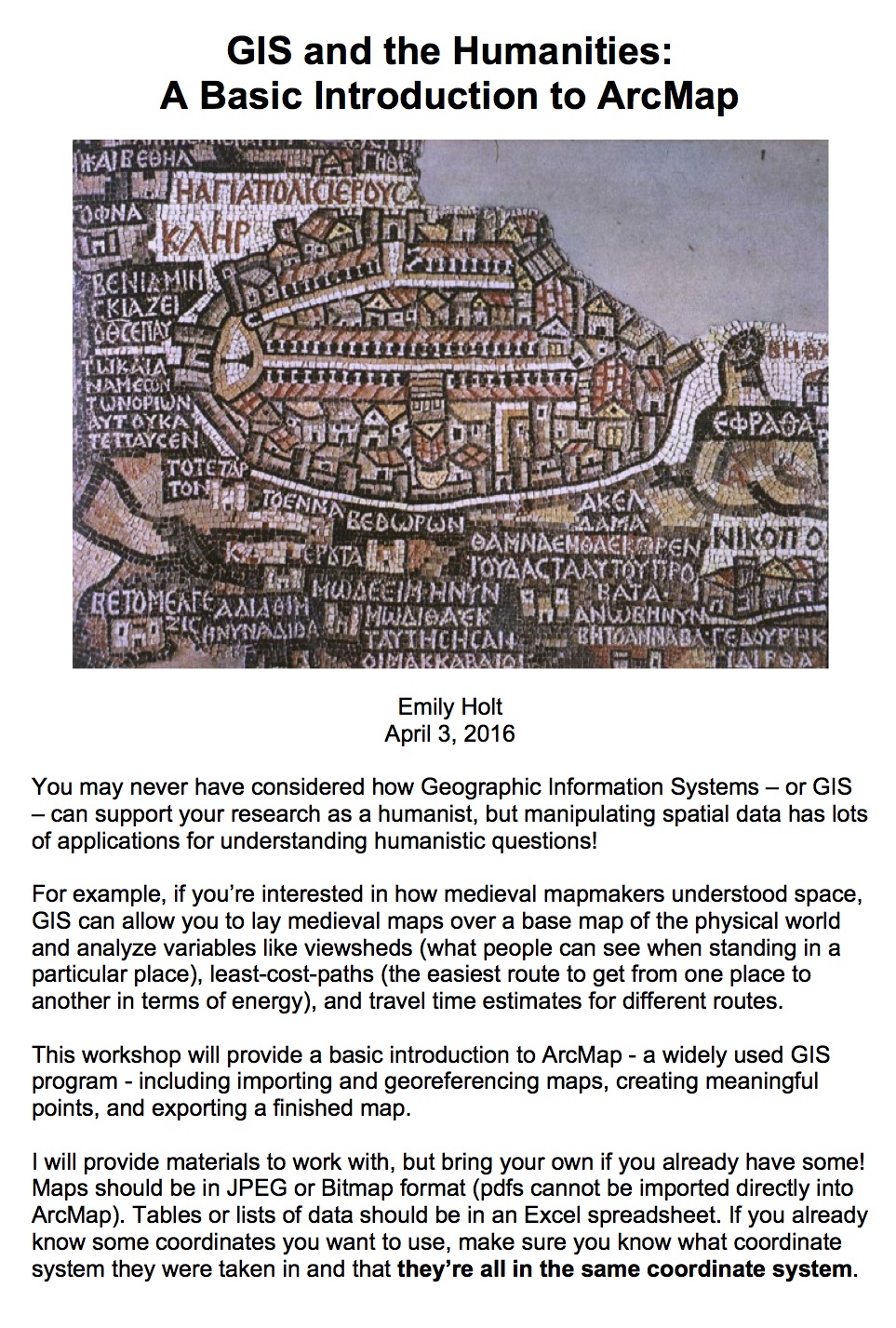Kathleen Fitzpatrick gave an excellent talk on “The Future History of the Book” on Monday, March 28th, to the UB English Department. Fitzpatrick delivered a wide-ranging and lucid examination of how we in the academy, as readers and scholars, use the various forms of the book available to us at present and often resist – perhaps reflexively – digital ones. Rather than another mournful decline-of-reading narrative, which she characterized as “highly conservative,” Fitzpatrick’s presentation was a reminder that the book is constructed, used, and valued according to the economic and social realities of its time, not a unitary object of knowledge entitled to privileged status. Yet neither did she lead a cheer for the digital; forms of both are historically contingent, and ought to be treated as such rather than naturalized. While she acknowledged that we use different reading practices to attend to print and digital books – the former via “deep attention” (per N. Katherine Hayles), which we as academics tend to valorize, the latter “on the prowl,” typically regarded as a lower or “degraded” form of reading – her point was that enforcing a hierarchical relationship between the two gets in the way of a serious engagement with either. Any authority that a printed book might have has been, and continues to be, a matter of negotiation; Fitzpatrick argued eloquently that rather than shunning digital books, humanities scholars must engage consciously in those negotiations by which these new forms of text acquire meaning, utility, and cultural weight.
Josh Flaccavento, PhD Student, UB English

